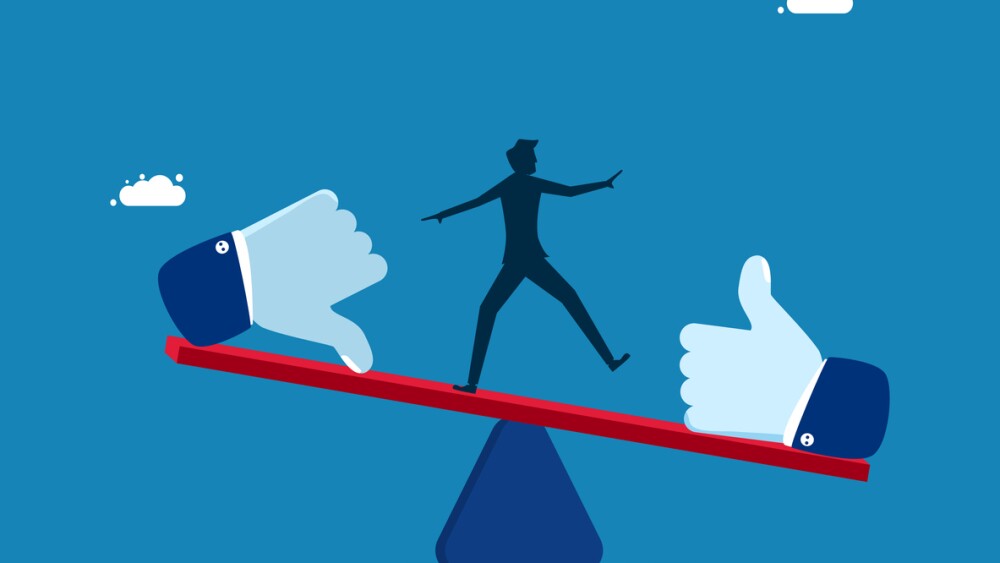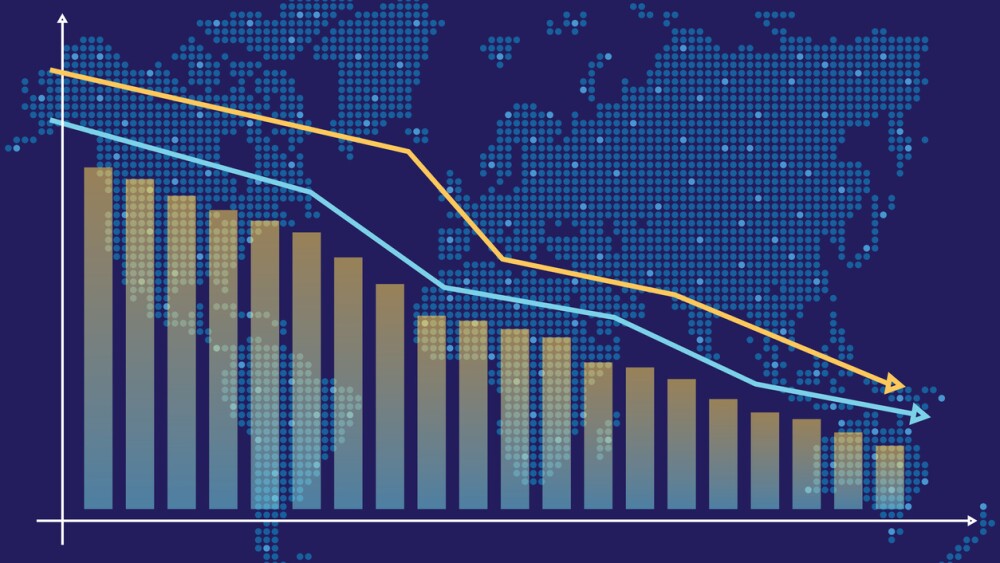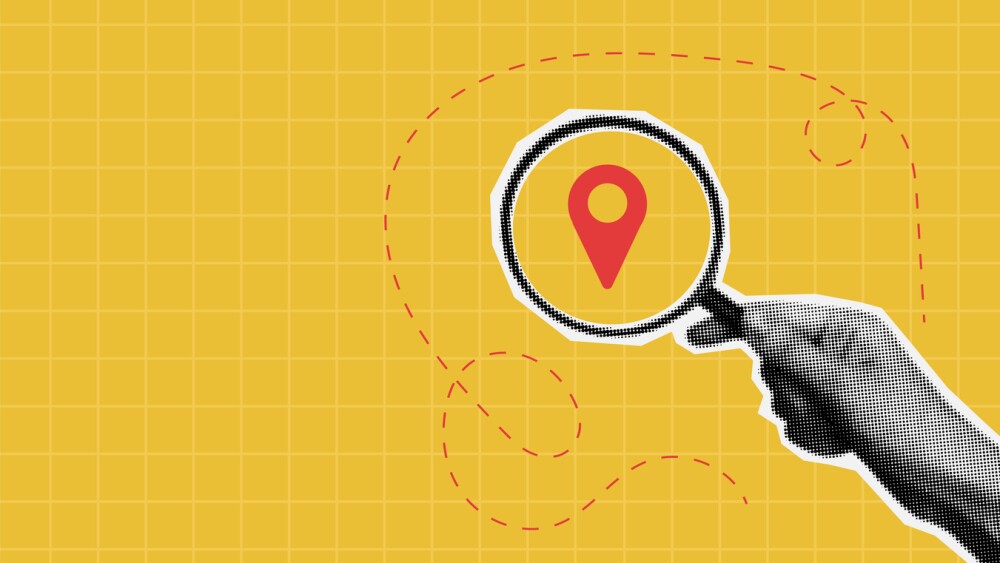
By Lee Ann McGillivray
It seems like everywhere you turn, someone is writing about how to achieve balance. And they're not only writing about how to achieve it, but how you should be doing your best to achieve it. At first glance, it seems like a worthwhile goal to work toward. I mean, who wouldn't want to be balanced? No one wants to be unbalanced. And being balanced just sounds so positive.
But what does it really mean? The popular theory seems to be that if you have a full home life, a full personal life, and a full work life, then you will be happy.
But what if I don't have all these things and I'm already happy? What if I only have one of these – for example, a full work life? Does that mean I'm unbalanced? Why should I be made to feel bad for not wanting or needing a "full" life outside of my career? Why is it not okay to tell a stay-at-home spouse to go out and get a job, but it is okay to tell a workaholic to go out and get a life?
The idea that balance equals happiness is a one-size-fits-all approach that doesn't. People are unique. Some people are happy to work 14-hour days and are completely fulfilled by their jobs. Others are happy to spend all their free time engaging in a particular hobby, and the only reason they work is to finance it.
Now I'm not saying that everyone should just dismiss this concept of balance. If you have a family or a partner, I would expect you would like to spend time with them – if you don't … well that's a subject for another article entirely. But why are those of us who do not want this definition of happiness made to feel bad about our choices? Perhaps what is keeping us from achieving balance is our struggle to achieve someone else's expectation of it, rather than just listening to ourselves.
Why don't we get rid of this concept of balance? To be frank, I'm tired of hearing about it and of using it in this article. Instead, let's talk about emotional satisfaction and happiness. Let's leave how each individual achieves these to the individual, and not judge those whose methods do not match our own.




